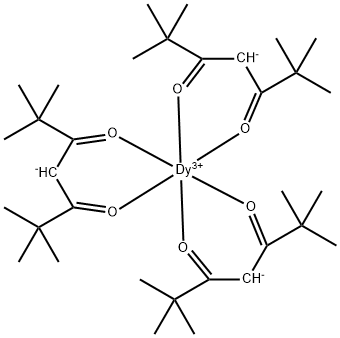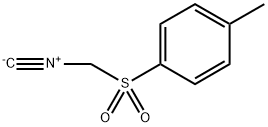XanthineOxidase,Buttermilk , 9002-17-9
Synonym(s):
Xanthine Oxidase, Buttermilk;Xanthine:oxygen oxidoreductase;XOD
CAS NO.:9002-17-9
Empirical Formula: N/A
Molecular Weight:
MDL number: MFCD00082145
EINECS: 232-657-6
| Pack Size | Price | Stock | Quantity |
| 10U | RMB914.84 | In Stock |
|
| 50U | RMB2649.62 | In Stock |
|
| others | Enquire |
PRODUCT Properties
| storage temp. | 2-8°C |
| form | powder |
| color | brown |
| EPA Substance Registry System | Oxidase, xanthine (9002-17-9) |
Description and Uses
An enzyme that is closely related to aldehyde oxidase (EC 1.2.3.1). Both are metalloflavoproteins of about 300,000 daltons. They consist of two subunits of equal size and contain molybdenum, FAD, and iron (as Fe/S) in a ratio of 1:1:4 per subunit. These enzymes are widely distributed and catalyze a reaction in which the substrate is hydroxylated by an oxygen atom derived from water and electrons from the substrate are transferred to a variety of acceptors. These two enzymes have a broad overlapping substrate specificity including many purines, pyrimidines, and pteridines. However, xanthine, the best known substrate for xanthine oxidase, is not a substrate for aldehyde oxidase whereas the reverse is true for quaternary pyridinium compounds, such as N0 -methylnicotinamide. The role of oxygen as an electron acceptor with its production of hydrogen peroxide and the intermediate superoxide anion (both potential toxicants) may not be important in vivo since there is evidence that these enzymes are NAD-dependent dehydrogenases in vivo and become oxidases as a result of modification during purification. However, they are probably important in two types of detoxication. The first of these is the hydroxylation of exogenous aldehydes, purines, pyrimidines and other heterocyclic compounds, and the second involves the utilization of exogenous compounds as electron acceptors. Examples of the latter include the conversion of organic nitro compounds to hydroxyamino derivatives and the reduction of N-oxides to the free base.
This enzyme is useful for enzymatic determination of inorganic phosphorus, 5′-nucleotidase and adenosine deaminase when coupled with Purine-nucleoside phosphorylase (PNP-301) and uricase (UAO-201, UAO-211).
Safety
| Symbol(GHS) |  GHS08 |
| Signal word | Danger |
| Hazard statements | H334 |
| Precautionary statements | P261-P284-P304+P340+P312-P501 |
| Safety Statements | 24/25 |
| WGK Germany | 3 |
| RTECS | RQ8455000 |
| F | 10 |
| HS Code | 35079090 |






